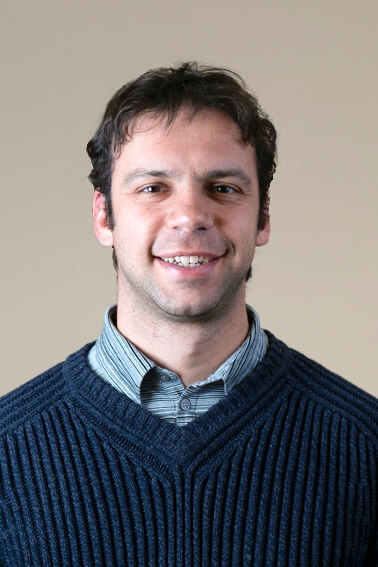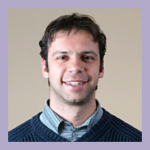 ARMA started July on all cylinders, with our AGM on the 4th of July and the election of four new Trustees to the ARMA Board, whose details are now on our Governance webpage. We were also delighted to have Dr. Martin McShane as our guest speaker this year. Martin, who is now Director of Medical Clinical Operations at Optum, is well-known to us from his previous role as Director for Long-Term Conditions NHS England: among other things, he gave the 2013 ARMA Annual Lecture, spoke at the 2014 MSK World Summit and also published a great blog on MSK ahead of our national seminar in January this year.
ARMA started July on all cylinders, with our AGM on the 4th of July and the election of four new Trustees to the ARMA Board, whose details are now on our Governance webpage. We were also delighted to have Dr. Martin McShane as our guest speaker this year. Martin, who is now Director of Medical Clinical Operations at Optum, is well-known to us from his previous role as Director for Long-Term Conditions NHS England: among other things, he gave the 2013 ARMA Annual Lecture, spoke at the 2014 MSK World Summit and also published a great blog on MSK ahead of our national seminar in January this year.
Among other things, Martin emphasised the importance of focusing on creating an effective healthcare system, where solutions come from teams working on the ground – which is why our MSK clinical networks project is so important. The old adage “think global, act local” springs to mind here. Martin also spoke at length about the need to measure impact, as opposed to activity and output, observing also that “our inability to link data is sustaining harm”. Shared decision-making, relational continuity (between clinicians as well as between clinicians and patients) and the alignment of physical and mental health were also identified as essential. For MSK as for other condition areas, having a compelling economic argument is key – and this is where resources like the FLS benefits calculator, or the CSP’s falls prevention and physiotherapy calculators, are of great value.
Martin also talked about the importance of celebrating our successes, and I think we as an Alliance have plenty to celebrate. For all the challenges ahead of us, it’s clear that our community is strong, and we are doing things which are making a difference and helping to drive the transformational change that is required to deliver a genuinely sustainable and person-centred NHS. Our increasingly productive partnership working with NHS RightCare offers a good example of how MSK can be a spearhead for delivering greater value across the system, and I’m delighted that Matthew Cripps is our guest blogger this month.
Our success as an Alliance is also underpinned by the great work continued to be carried out by many of our members, such as Arthritis Research UK’s excellent Working with Arthritis report and the BSR’s Second Annual Report of the National Clinical Audit for Rheumatoid and Early Inflammatory Arthritis, both published this past month.
Since taking up this role over four years ago, I have always said that ARMA is an Alliance for the entire MSK community, including both professional bodies and patient-led charities, and organisations spanning the breadth of MSK as well as those focused on specific conditions, including the many rare and complex autoimmune conditions which make up our community. Some conditions often thought of as “rare” are in fact a lot more common than most people think, nor are the solutions necessarily “complex”: take gout, for example, which affects 1 in 40 people in the UK, and where patient outcomes could be greatly improved just by measuring uric acid levels as a matter of course for anyone with the relevant symptoms, just as we regularly do for blood pressure and glucose levels.
“MSK” is always a tricky term but it does have real currency; it gives us profile, and it enables us to speak with one voice, which is something that all our external stakeholders, from government to local decision-makers, want from us. While there are many differences between the various MSK conditions, “bones, joints and muscles” is our overarching common denominator, and this allows us to not only influence outside of a purely clinical agenda to areas such as prevention, quality of life, and the increasingly important “work” agenda, but also to really take a person-centred perspective in everything we do. Our strength as an Alliance lies largely, in fact, in our variety – and our members in turn can draw benefit for their own areas from being part of a strong Alliance.
On this note, I’m also delighted to welcome a new member to ARMA: the British Medical Acupuncture Society.
One of the 3 main pillars of ARMA’s new 3-year strategic plan includes “Capturing, interpreting and enabling the application of MSK knowledge”, and to this end we have begun “mapping” our members’ activities, evidence and policies on key issues, with a view to developing a suit of policy positions on key themes. The first two focus on “MSK and work” and “MSK and physical activity”, and should be available soon.
Finally, we live in a digital age, and we are therefore actively looking at how we can improve our digital communications and improve our online user experience. We have sent out a survey to the users of the Yammer group to gauge their experience of this, and we are looking to streamline the ARMA website to make it more user-friendly.
Yours sincerely,

“We are all faced with a series of great opportunities brilliantly disguised as impossible situations.”

